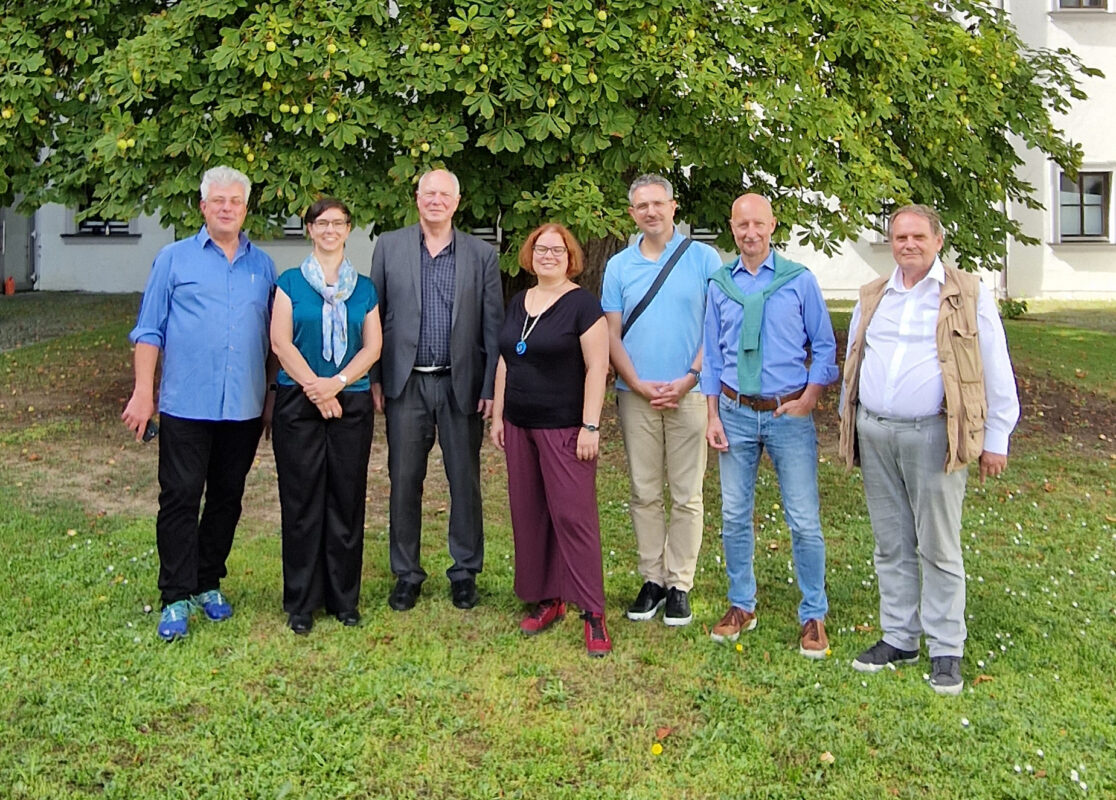The German Cultural Council takes stock
As 2015 draws to a close, the EU's free trade agreements with the USA (TTIP) and Canada (CETA) were the dominant cultural policy issues in European cultural policy. However, copyright protection is also facing challenges.

In 2015, the German government abandoned its stance of generally denying the dangers to the cultural sector posed by TTIP (Transatlantic Trade and Investment Partnership) and CETA (Comprehensive Economic and Trade Agreement) and presented its own paper on the dangers in October, writes the German Cultural Council.
At the end of this year, the German Bundestag also passed a comprehensive, multi-year cultural investment program. For the coming year alone (2016), around 120 million euros in additional federal cultural funding is to be made available. A total of 740 million euros in additional cultural investment is planned for the coming years.
The Cultural Council also commented on the draft "Act to improve the enforcement of authors' and performers' claims to appropriate remuneration". It considers it self-evident that authors are entitled to appropriate remuneration for their services and rights. A lump-sum payment could also be appropriate.
According to its Managing Director Olaf Zimmermann, the German Cultural Council achieved a lot in terms of cultural policy in 2015. In the discussions about TTIP and CETA, the dangers for the cultural and media sector are now also being widely discussed in public and are no longer being ignored by the German government.








